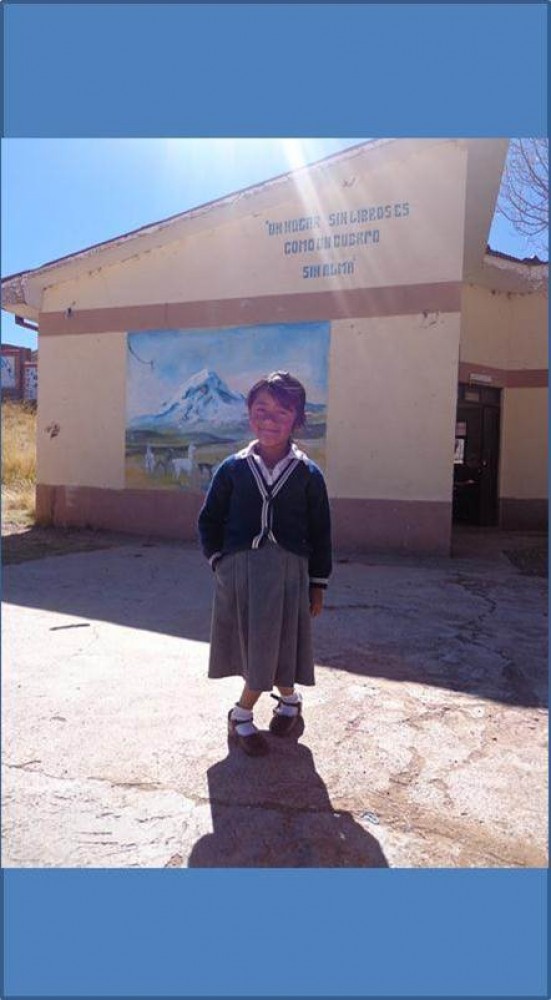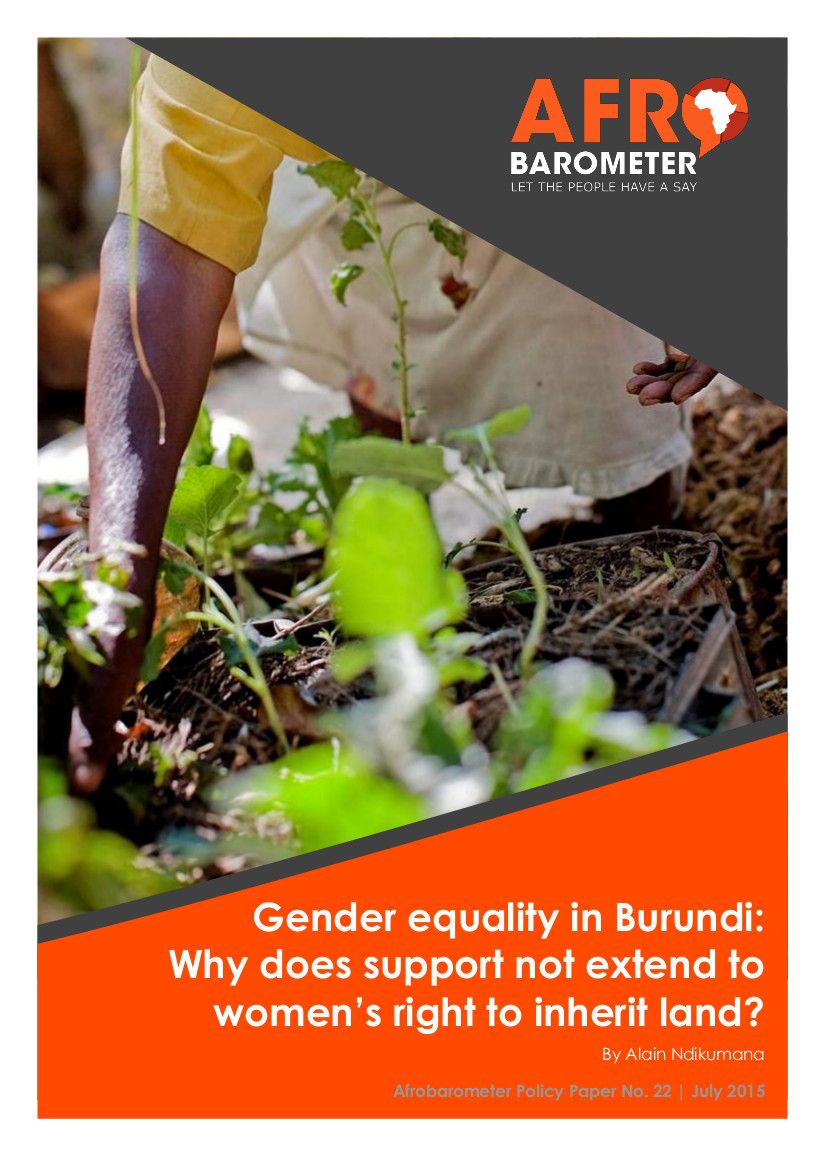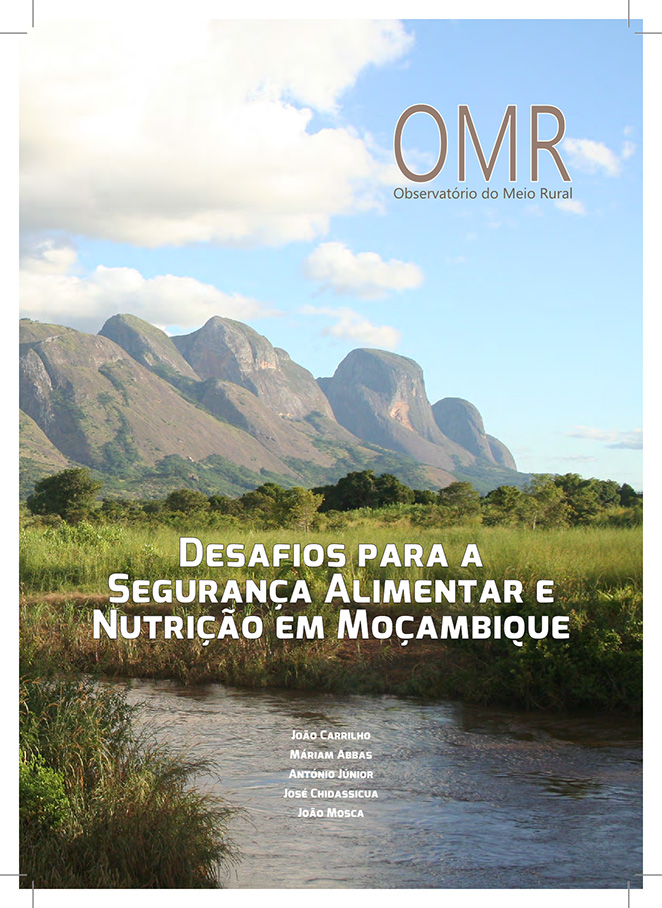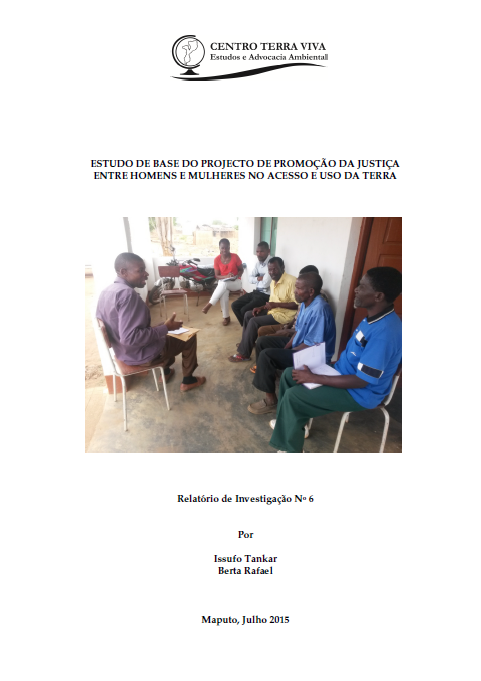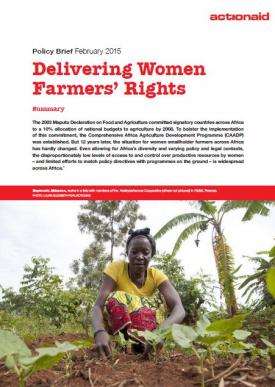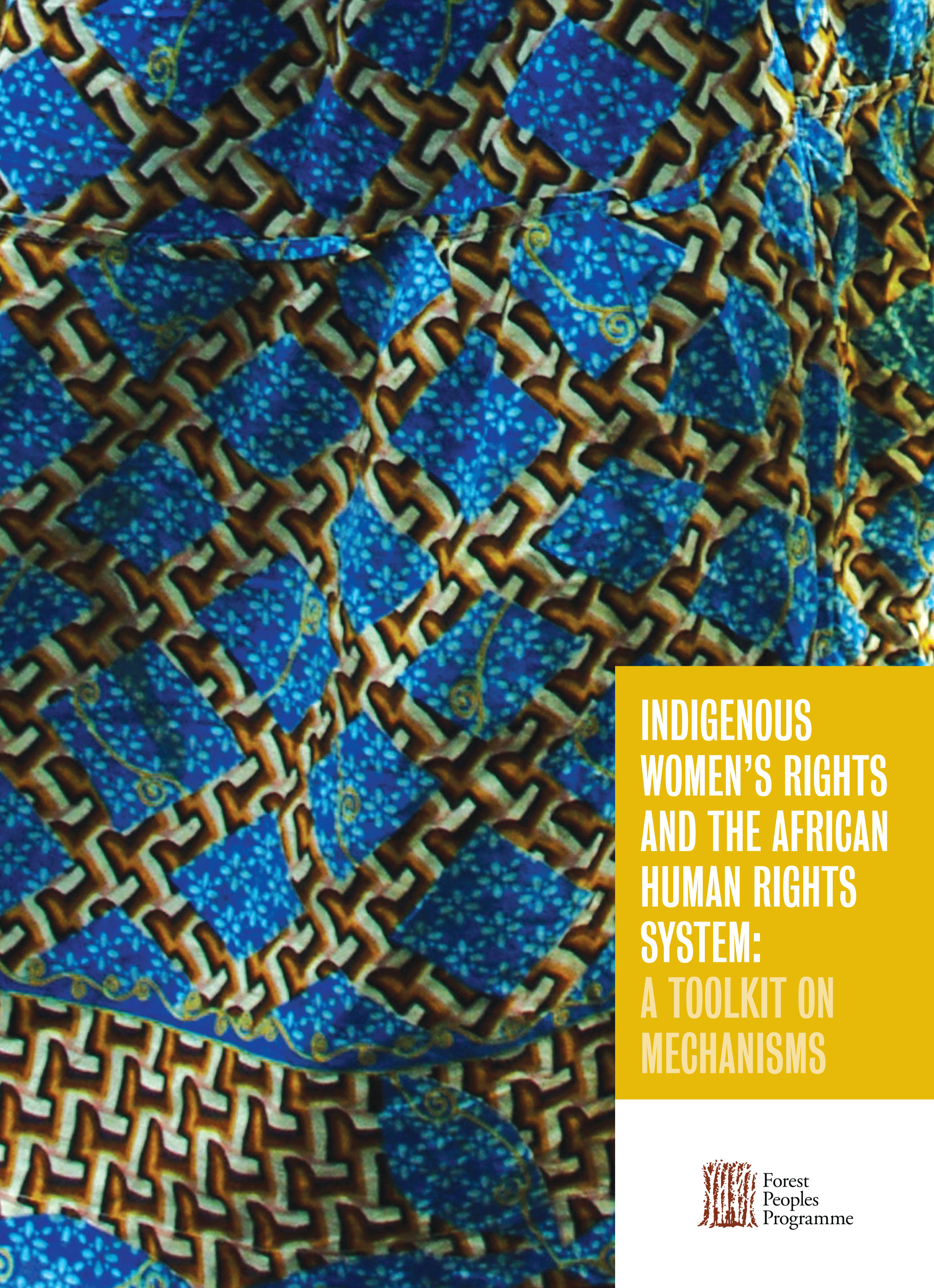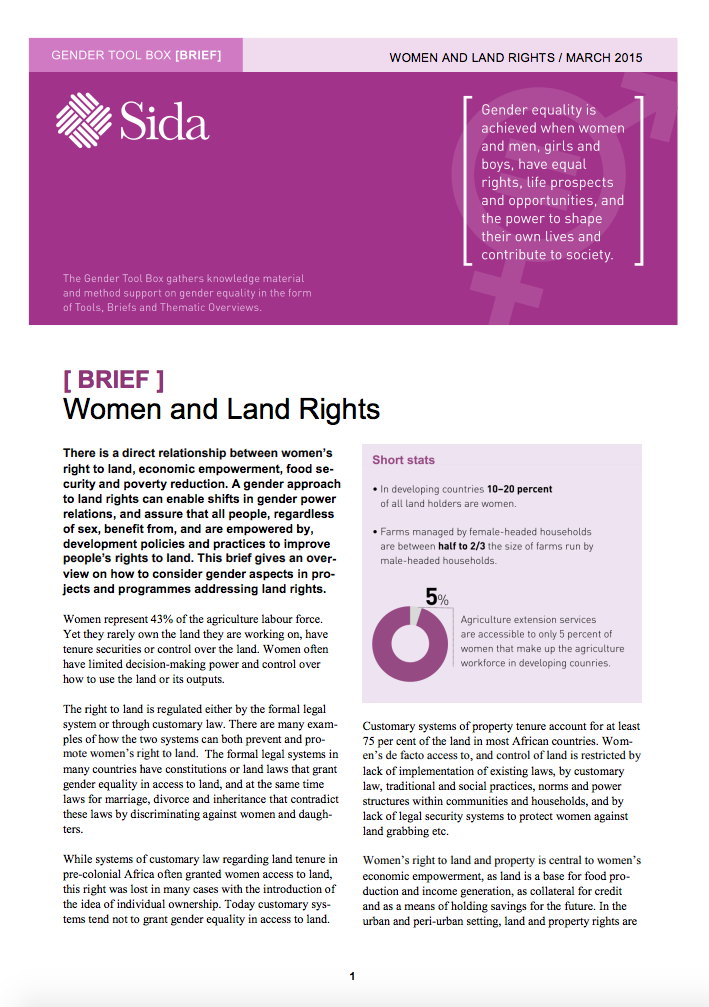Policy Brief: The Impact of Gendered Legal Rights to Land on the Prevalence and Nature of Intra- and Inter-Household Disputes
Before 1999, land rights in Rwanda were governed by three regimes: customary
(traditional) law, colonial laws still in effect, and laws enacted after independence. In each of
these, men were privileged in ownership and control of land whereas women were excluded
or had fewer rights.
The 1999 Succession Law restructured and harmonized land ownership in Rwanda,
superseding all prior legislation. A significant portion of these changes related to gender
equality. Equal rights to umunani (umunani or ascending partition is an act accomplished by



